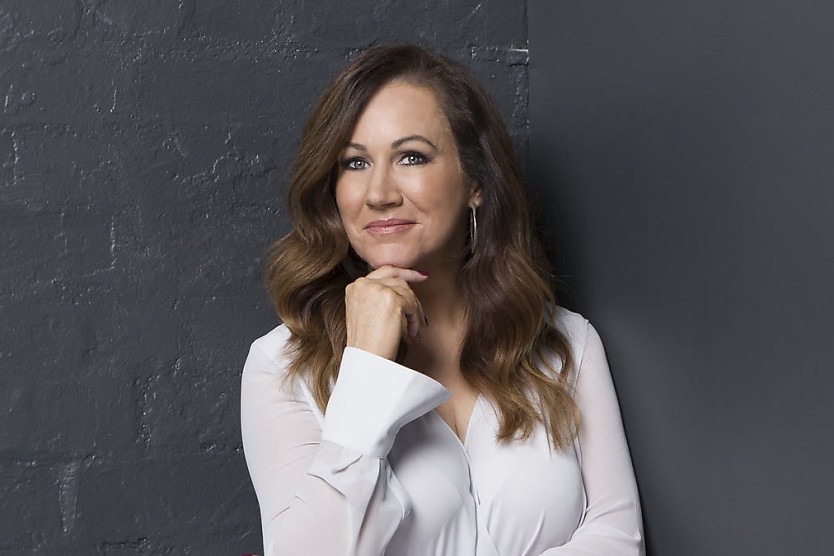Don’t let social anxiety hold you back at work
SHARE THIS ARTICLE

The research is clear: social anxiety got worse over the COVID-19 pandemic. How does social anxiety interact with work, what helps, and what’s the role of the employer?
What is social anxiety, and how does it impact work?
According to the literature, social anxiety disorder (SAD) is a “marked, or intense, fear or anxiety of social situations in which the individual may be scrutinised by others”. The fear associated with the disorder surrounds being “negatively evaluated” by others and, therefore, often results in the individual avoiding social situations where this might occur.
Given the social dimension of work, people with social anxiety are more likely to experience employment disruption, just as socially anxious students are more likely to drop out.
Work can be stressful, and even the social aspects can cause discomfort or nervousness for everyone. A key difference between typical workplace nerves and the experience of an employee with social anxiety is that the latter’s anxiety is intrinsic. In other words, it can exist independent of stressful external circumstances. The distress is “persistent, out of proportion to the situation, and interferes with functioning,” to quote the diagnostic manual.
When we asked Sandy Rea, a psychologist at Sandy Rea and Associates, how the work experience differed for an individual with social anxiety, she said it could be “crippling”.
“It affects how you relate to your peers, your pay, it affects how you’ll pave your own career trajectory, because you don’t feel in control,” said Ms Rae.
“One of the real downsides to that is, if you don’t feel in control of your world, how can you ask for a pay rise? How can you control the work, your career path, [and] your career trajectory? It really does impact on people’s ability to progress in the world.”
Avoidance
It’s common for people with social anxiety to avoid potentially stressful situations. It’s not difficult to imagine how this might pose career challenges. As noted by The Skill Collective, avoidance at work can be in the form of:
• Sick days
• “Alternate appointments” occurring at the same time as feared situations (e.g. work meetings)
• Subtler ways such as choosing to transact via emails rather than face to face, or attending a meeting but “hiding behind” a more outgoing colleague
Avoidance, though it might help in the immediate term, is no long-term strategy. “When we avoid, we’re simply enabling,” said Ms Rae. “It’s completely logical thing to do, but generally what happens is it compounds, compounds, compounds until they become quite disabled.”
Remote work
Increasingly, research is showing that the COVID-19 pandemic negatively impacted those with social anxiety. Not only did it worsen social anxiety, research suggests it likely had flow-on mental health effects and that women and low-income earners were most vulnerable in this regard.
The natural question is: why?
According to the researchers, contributing to the trend were “impaired coping strategies, lower socio-emotional wellbeing, limited support networks, and contraction of SARS-CoV-2 virus”. At the core, social strategies and coping mechanisms fell away, and our social skills got rusty.
“Before COVID-19, general routines were able to mask [social anxiety]. And these masks have been taken off as a result of COVID-19. For people with social anxiety, they’ve had home time. And now: ‘My God, I’ve got to face my workplace again’,” said Ms Rae.
“These threatening situations – it might be talking to people, it might be being on the telephone, navigating jobs in front of other people, having a hot desk or an open office – all those sorts of issues come into play.”
“So, yes, I think returning to work has been very threatening to people with social anxiety and, in the short term, the hybrid model suited many people quite well,” added Ms Rae.
The role of the employer
Often, social anxiety is not talked about in the workplace: “It’s like a secret that people carry, sadly,” said Ms Rae.
“Because, if you think about it, if the world is threatening to you, it’s not something that you would jointly share. It’s almost like a dirty little secret because we’re supposed to be competent, we’re supposed to be assertive, we’re supposed to have excellent social skills,” she added.
When asked how an employer should act if an employee comes forward and opens up about their social anxiety, Ms Rae said the best rule of thumb is to ask how the employer can help. The employer should do what they can to help while remembering they are not a psychologist, nor is anyone expecting them to be one.
“So, affirming that this person has the bravery to come forward and then saying: ‘what can we do together?’”, said Ms Rae. Most large organisations, she said, now have services from psychologists to counselling groups, and the employer should help the employee navigate those offerings.
RELATED TERMS
Professionals can use remote work as a working method to do business away from a regular office setting. It is predicated on the idea that work need not be carried out in a certain location to be successful.
Turnover in human resources refers to the process of replacing an employee with a new hire. Termination, retirement, death, interagency transfers, and resignations are just a few examples of how organisations and workers may part ways.
Nick Wilson
Nick Wilson is a journalist with HR Leader. With a background in environmental law and communications consultancy, Nick has a passion for language and fact-driven storytelling.

